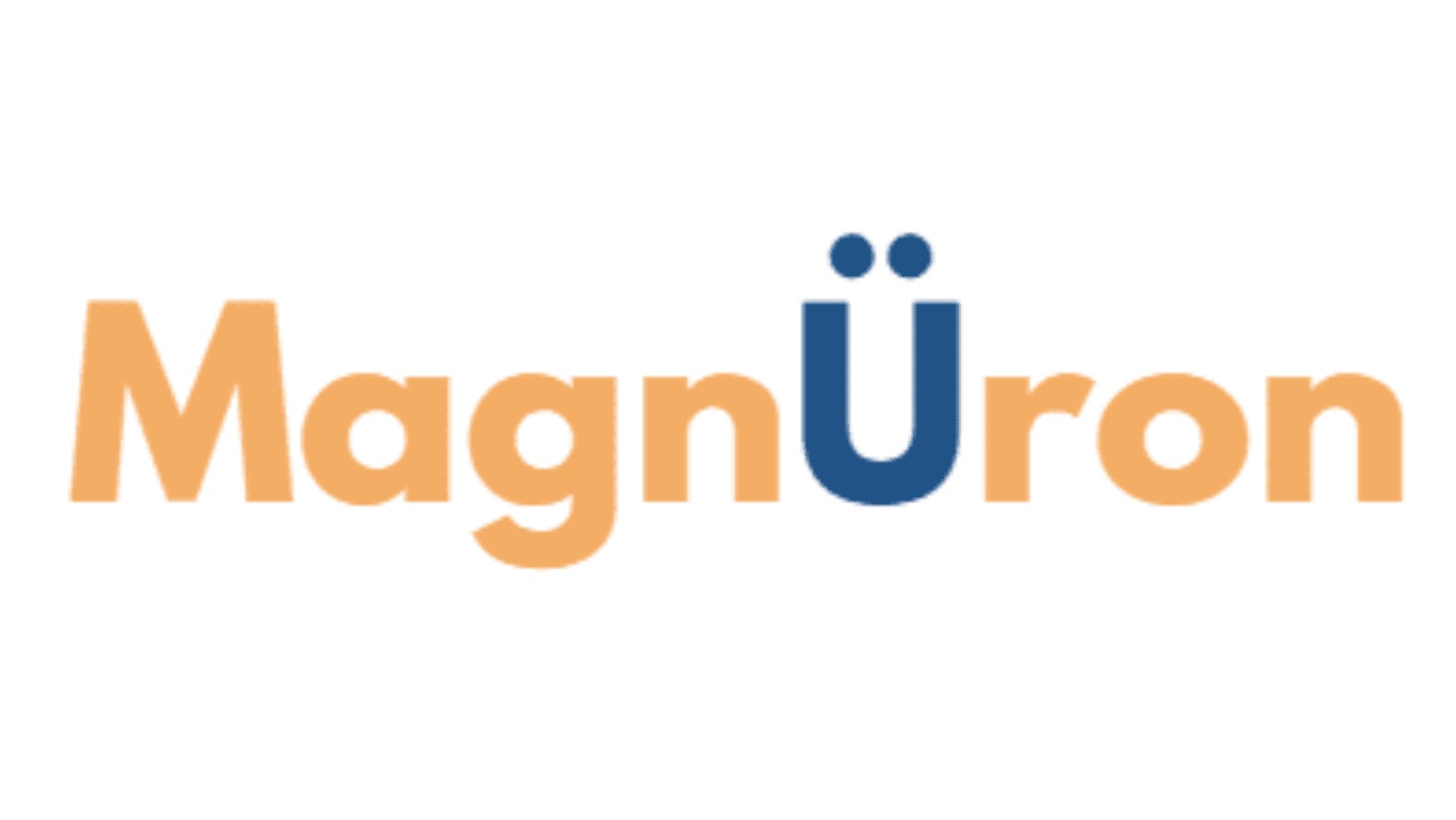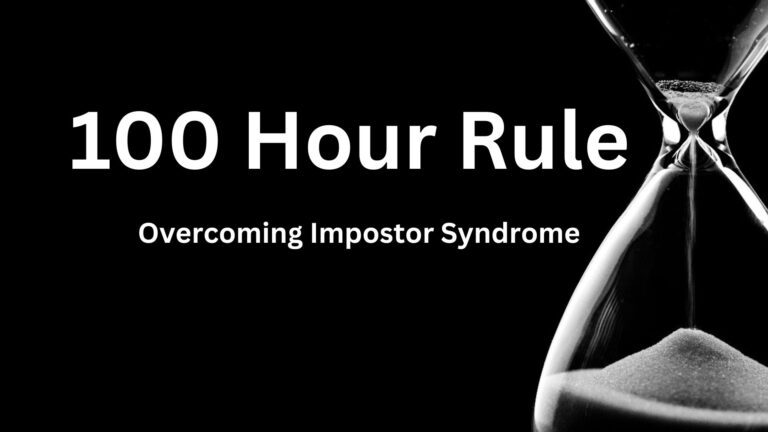Unlocking the Game: 15 Impactful Leadership Competencies

Leadership competencies is more critical than ever. Leadership competencies, which include the abilities, attitudes, and characteristics that enable individuals to flourish in leadership roles, are crucial to driving organizational performance and maintaining a positive work culture.
These qualities enable leaders to manage problems, inspire their teams, and produce remarkable results, ranging from strategic thinking and emotional intelligence to teamwork and innovation.
Aspiring leaders may unlock their full potential and leave a lasting effect on their organizations by knowing and developing five critical qualities.
Vision and Strategic Thinking
The ability to develop a compelling vision and strategic direction for their enterprises distinguishes effective leaders.
They have the foresight to set long-term objectives, and they see the significance of integrating their team’s efforts with the larger strategy.
They inspire and motivate their team members to work toward common goals by communicating this vision. Leaders with good strategic thinking skills may anticipate future hurdles and opportunities, keeping the business on track to achieve its objective.
Continuous learning, introspection, and adaptation are required for developing and refining a clear vision and strategy. Leaders must stay current on industry trends, technical breakthroughs, and evolving market dynamics in order to adapt their strategy.
They must also interact with their team members in order to obtain varied opinions and ensure that their vision and plan stay relevant and responsive to the demands of the firm.
Leaders may help their teams make informed decisions that contribute to the organization’s long-term success by cultivating a culture of strategic thinking.
Emotional Intelligence (EQ)

Emotional intelligence (EI) is a vital leadership ability that enables people to perceive, comprehend, and regulate their own emotions as well as the emotions of others.
High EI leaders can manage complicated interpersonal interactions with empathy and tact, fostering a healthy and inclusive work atmosphere.
They can build great relationships with their team members, which promotes trust, collaboration, and improved performance.
Leaders who can effectively manage their emotions are less likely to make rash judgments or have bad reactions to situations.
They can keep their cool in stressful situations, acting as a stabilizing force for their teams. Leaders can increase their interpersonal effectiveness, decision-making, and overall leadership capacity by constantly honing their emotional intelligence.
Communication
Strong communication skills are required for leaders to successfully convey their vision, expectations, and feedback.
They must be able to communicate complicated ideas in a clear and succinct manner, ensuring that their messages are understood by their intended audience.
Effective leaders can also adjust their communication approach to different situations and audiences.
They are comfortable in both formal and informal settings, and they are sensitive to cultural nuances and communication preferences, and will develop deep connections with their team members, stakeholders, and clients.
Displaying diversity in their communication strategy, leaders ultimately foster cooperation and organizational success.
Decision-making

Leaders are frequently faced with complex issues that necessitate careful deliberation, critical thinking, and decisive action.
Even in the face of uncertainty or ambiguity, effective decision-making entails acquiring relevant information, evaluating options, and selecting the best course of action, and leaders must have the fortitude to make difficult judgments as well as the capacity to realize when a decision must be reconsidered or amended.
Leaders must also promote an informed decision-making culture within their teams, and will empower their team members to contribute to decision-making.
This collaborative approach not only produces better results, but it also increases team members’ sense of ownership and participation.
Resilience and Adaptability
The corporate world is always changing, and leaders must be adaptable and resilient in the face of change.
Keeping ahead of the competition, they must be nimble in their thinking, accepting new ideas, technology, and strategies.
Ensuring the firm remains agile and responsive to market fluctuations, leaders that are open to change can recognize new opportunities and pivot their strategy as needed,
Leaders must be resilient in order to recover from losses and learn from their mistakes, and they will demonstrate resilience for their team members by developing a growth attitude, encouraging them to perceive obstacles as opportunities for learning and improvement.
They will motivate their people to endure and bounce back from adversity by providing a supportive environment in which failure is viewed as a steppingstone to success. This, in turn, improves the organization’s overall resilience.
Teamwork and Collaboration
Leading well necessitates collaboration and teamwork. Effective leaders recognize the importance of creating a welcoming and inclusive work environment in which everyone can collaborate to achieve common goals.
They aggressively promote teamwork, facilitate open communication, and value their team members’ diverse skills and perspectives.
To maximize team effectiveness, leaders must be capable of identifying and utilizing the unique qualities and capabilities of their team members.
They must also set clear collaboration expectations and norms, ensuring that all team members are aware of their respective roles and responsibilities.
Leaders may increase their teams’ overall performance and productivity while also driving the organization toward its strategic goals by cultivating a culture of teamwork and shared accountability.
Delegation and Empowerment

Delegation and empowerment are critical leadership abilities that enable leaders to manage their teams successfully and maximize productivity.
They can focus on higher-level strategic priorities while ensuring that operational chores are accomplished efficiently by delegating tasks and responsibilities to team members.
Effective delegation entails giving team members the authority, resources, and support they need to complete their jobs confidently and autonomously.
Empowering team members entails building an environment in which individuals feel respected and trusted to make decisions within their areas of competence.
Leaders who empower their employees can help them reach their full potential by instilling a sense of ownership, engagement, and dedication to the success of the firm.
They will construct high-performing, self-sufficient teams that contribute significantly to the organization’s growth and development by striking the correct balance between delegation and empowerment.
Conflict Resolution
Conflict is an unavoidable component of human contact.
Good leaders must be able to recognize and resolve disagreements within their team, and will establish a safe space for team members to discuss their concerns and differences by encouraging open communication and fostering an environment of trust and respect.
This proactive strategy can keep conflicts from growing and negatively impacting team chemistry.
When conflicts arise, leaders must maintain objectivity, empathy, and active listening in order to comprehend the underlying issues and perspectives of all parties involved, can assist their teams in finding mutually accepted solutions that foster harmony and collaboration.
Leaders will create a positive team climate and ensure that disagreements are resolved in a way that benefits the organization as a whole by learning conflict resolution skills.
Problem-solving
Problem-solving is an essential leadership skill that entails detecting, analyzing, and addressing difficulties via the use of creative and effective solutions. Leaders must be able to think critically, assess difficult situations, and devise novel solutions to problems.
They must be resourceful and adaptive in order to overcome barriers and accomplish desired results, depending on their knowledge, experience, and intuition.
Great leaders must develop a problem-solving culture within their teams.
They can tap into their teams’ collective intelligence to solve challenges more efficiently by encouraging team members to think critically, cooperate, and produce new ideas.
This collaborative approach not only leads to better solutions, but it also increases team cohesion and engagement, which contributes to the organization’s overall success.
Accountability and Integrity
Accountability and integrity are basic leadership characteristics that serve as the foundation for all other components of effective leadership.
Accountable leaders accept responsibility for their actions and decisions, admitting mistakes and learning from them.
This sense of accountability extends to their teams, as they hold team members accountable for their performance and behavior, ensuring that everyone is working together to achieve the organization’s goals.
Leaders who demonstrate integrity are honest, truthful, and adhere to ethical ideals and company values.
Even when faced with difficult decisions or personal sacrifices, they continually act in the best interests of the business, and acquire the trust and respect of their team members, stakeholders, and clients by displaying integrity.
Creating a work atmosphere where individuals feel inspired to perform at their best and uphold the organization’s values, a leader establishes a strong example.
This dedication to ethical behavior and personal responsibility promotes a healthy organizational culture while also improving the organization’s reputation and credibility.
Mentoring and Developing Others

Effective leaders understand the value of coaching and developing their team members so that they can grow professionally and personally.
They devote time and resources to identifying individual strengths, areas for improvement, and chances for development, and assist their team members in developing their abilities, gain confidence, and reach their full potential.
Coaching and developing people foster a culture of continual learning and progress in their organizations, and they inspire team members to try new things, get feedback, and learn from their mistakes.
This emphasis on personal and professional development benefits not only individual team members, but also the organization’s overall effectiveness and adaptability.
Cultural Competence
Cultural competence is an essential leadership attribute. Leaders that are culturally competent appreciate, value, and exploit their team members’ different origins, viewpoints, and experiences to promote innovation and success.
They display a grasp of and tolerance for cultural differences, which promotes a welcoming and inclusive work atmosphere.
Leaders must participate in constant learning and reflection in order to understand the cultural norms and values that impact their team members’ behavior and decision-making.
They must also be capable of modifying their communication and management techniques to these variations, ensuring that everyone feels heard.
Respected, and valued, leaders can unleash the potential of diverse teams by building cultural competency, improving creativity, innovation, and overall organizational performance.
Time Management and Prioritization
To achieve maximum productivity, effective leaders must be adept at managing their time and resources, as well as prioritizing assignments.
They appreciate the need to create clear goals and objectives, breaking down major activities into smaller, achievable pieces, and assessing and revising their priorities on a regular basis as circumstances change which will optimize their effect on the organization.
They inspire their team members to do the same by managing their time and energy efficiently.
Leaders must help their staff manage their workload successfully in addition to their own time management and prioritization abilities.
They can ensure that their team members are well-equipped to oversee their roles and deliver outcomes by setting realistic expectations, providing clear direction, and aiding and resources.
Effective time management and prioritizing contribute to the organization’s overall efficiency and success.
Results Oriented
A results-oriented leader is focused on obtaining desired outcomes and motivating the team to achieve goals. To ensure that their team is on track to meet their goals, they develop clear performance indicators and expectations, monitor progress, and provide regular feedback.
Focusing on results, leaders may instill a feeling of urgency and commitment in their people, leading to greater performance and organizational success.
A results-oriented strategy must be tempered with consideration for team members’ well-being and development.
Leaders must understand that focusing entirely on results at the expense of employee engagement, learning, and growth can be detrimental overall.
And leaders may drive their teams to success while maintaining a good and inclusive work environment by combining a results orientation with a supportive and people-centric leadership style.
Creativity and Innovation
A quickly changing environment, innovation and creativity are critical leadership skills.
Leaders who welcome and nurture new ideas, approaches, and solutions can help their firms build a culture of continual improvement and adaptation.
They can find chances for growth, streamline processes, and produce products or services that better match the demands of their customers by embracing creativity and innovation.
Environment in which team members feel secure to share their ideas and take risks in order to develop innovation and creativity a leader must establish.
This includes encouraging open communication, fostering teamwork, and being open to feedback and suggestions.
They must also be willing to question the status quo and embrace change, demonstrating a growth mentality to their people.
Leaders may ensure that their firms remain competitive and responsive to the changing requirements of their consumers and markets by creating an innovation and creative culture.
Last Thoughts
Leadership competencies must be developed for both aspiring and existing leaders to flourish in their roles and promote organizational success.
To stay ahead of the curve as the corporate landscape evolves, leaders must adapt and enhance their talents, such as strategic thinking, communication, problem-solving, and cultural competency.
Individuals who prioritize the development of these critical leadership competencies can have a positive impact on their teams, foster a culture of collaboration and innovation, and contribute to the long-term growth and sustainability of their organizations.
Strong leadership qualities serve as the basis upon which great companies are founded, as well as the driving force behind their ongoing success.
FAQ
Q: What are leadership competencies?
A: Leadership competencies are the skills, behaviors, and qualities that enable individuals to excel in leadership roles. They encompass a wide range of abilities, such as strategic thinking, communication, emotional intelligence, problem-solving, and collaboration, which are critical to driving organizational success and fostering a positive work culture.
Q: Why are leadership competencies important?
A: Leadership competencies are important because they empower leaders to effectively navigate challenges, inspire their teams, make informed decisions, and achieve outstanding results. By developing and refining these skills, leaders can unlock their full potential and make a lasting impact on their organizations.
Q: How can I develop my leadership competencies?
A: Developing leadership competencies involves continuous learning, reflection, and practice. Some ways to develop your leadership skills include seeking feedback from peers and mentors, participating in leadership training programs, reading books and articles on leadership, and engaging in self-reflection to identify areas for improvement. It is also important to gain practical experience by taking on leadership roles or responsibilities within your organization or community.
Q: How do leadership competencies differ from technical or functional competencies?
A: Leadership competencies are focused on the skills, behaviors, and qualities that enable individuals to excel in leadership roles, while technical or functional competencies are specific to a particular job or industry.
Technical competencies involve knowledge, skills, and abilities related to a particular field or discipline, such as software development, finance, or marketing.
Leadership competencies, on the other hand, are more universal and applicable across different industries and roles, as they primarily involve the ability to guide, motivate, and manage teams effectively.
Q: Can leadership competencies be learned, or are they innate?
A: While some individuals may naturally possess certain leadership qualities, leadership competencies can be learned and developed through intentional effort, practice, and experience. By engaging in ongoing learning, seeking feedback, and taking on leadership roles, individuals can enhance their leadership skills and become more effective leaders.
Bio:

Ronnie Patterson
Ronnie Patterson, founder of MagnÜron, is a multifaceted entrepreneur with a diverse background in music, electronics engineering, and engineering management. Drawing on experience across various industries, He offers expertise in SEO, operations, and strategy to help businesses thrive. Possessing a unique perspective and unwavering commitment to collaboration, and ideal partner for growth and success.






